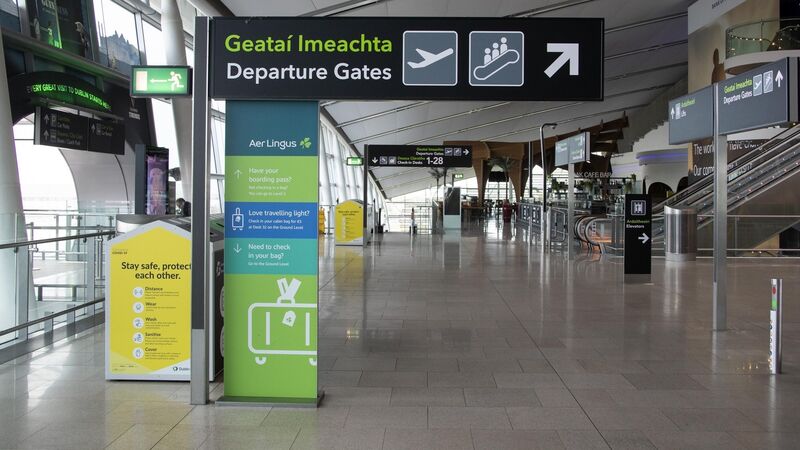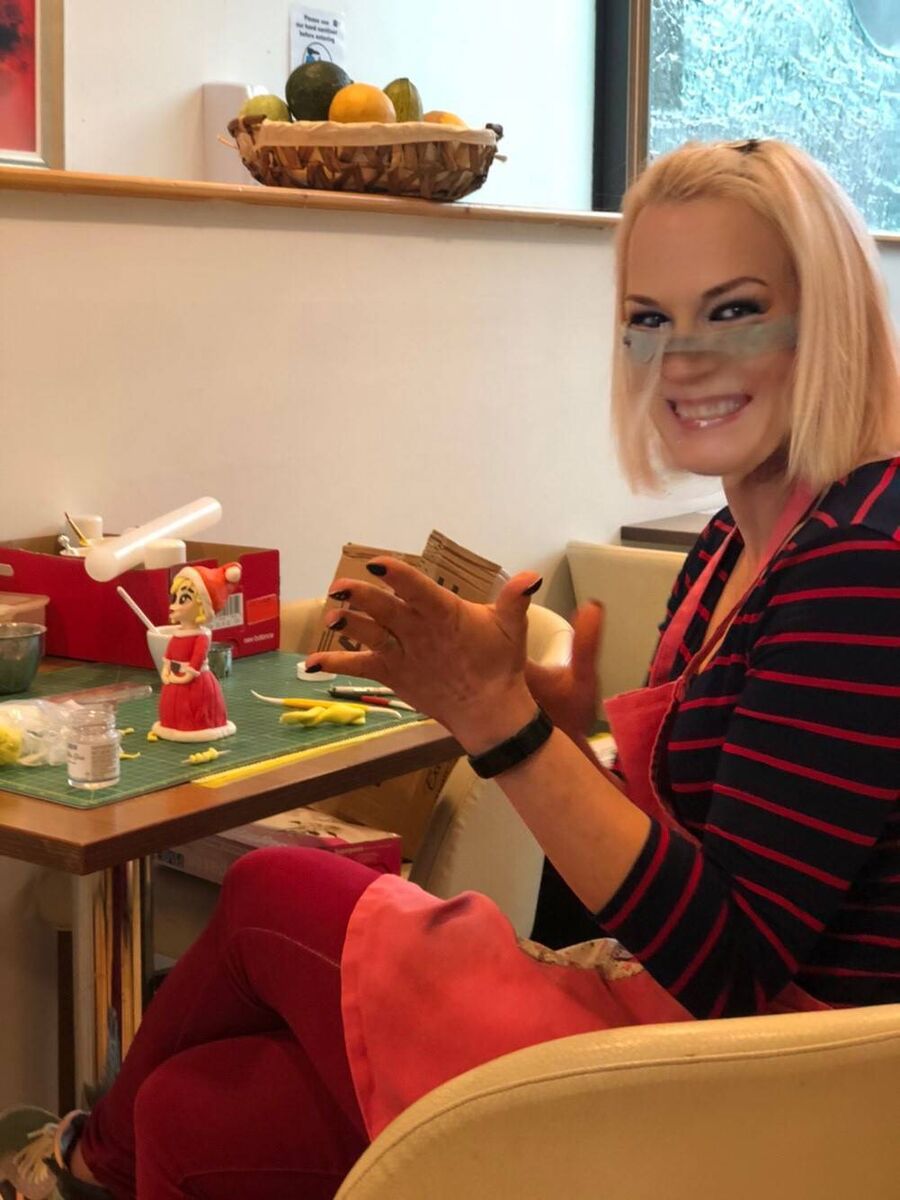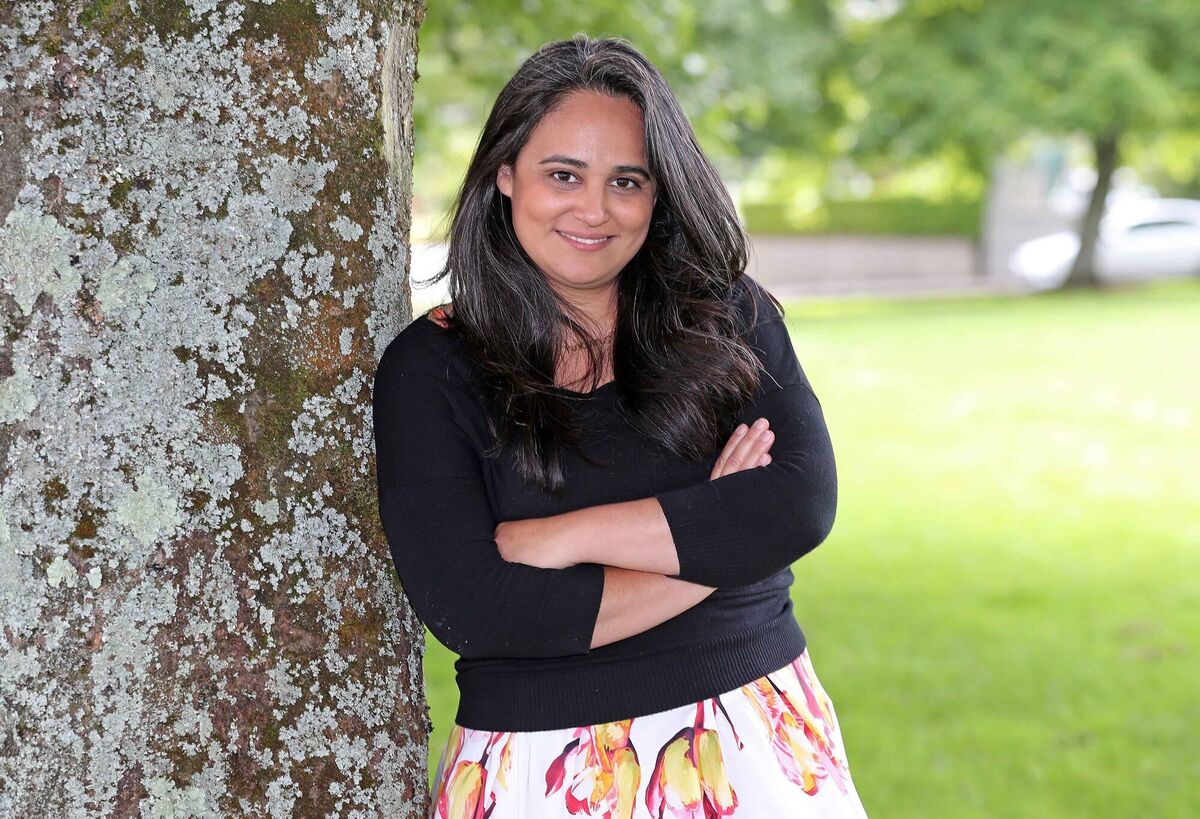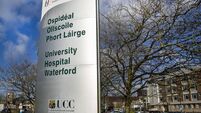Inconsistent travel guidelines 'frustrating' for migrants living here

People living in Ireland with family abroad have spoken out about not being able to see them this Christmas. Picture: Colin Keegan, Collins Dublin
People living in Ireland with family abroad have spoken out about their feelings of loneliness and frustration, in relation to not being able to go home and see family this Christmas.
According to CSO figures from April 2020, there were an estimated 644,400 non-Irish nationals living in Ireland, 12.9% of the total population.
Many have not seen their family for almost a year, and while they understand it's for public health reasons, they say the government's approach to travel has mainly focused on tourists and holidaying.
Agnieszka Stawosz, who runs the Hideout Café in Cork, says she booked flights home to Poland for Christmas back in the summer, when the rates of the virus were much lower and air travel had opened back up.
Now, she has no idea if she will be able to go home. She has lived in Ireland for 20 years and has friends here, but none of her family live in the country.

"I worry that I am putting myself at risk, and that I am putting my parents at risk. Because of their age, if they were exposed, they would be in trouble."
Usually she doesn't go home for Christmas as she works in hospitality and that is the busiest time for the industry.
She was hoping this year with the downturn in business she might be able to go home, but it seems unlikely now.
"I don't know if I will even get the money back for the flights, or will I just have to let it go.
"I am lucky that the Hideout is open, but my takings are half of what they should be."
She says she was hopeful that the new EU traffic light system would allow for people to at least return home, but was confused when the government discouraged people from booking flights.
"I am happy to pay for a test before I go, and for one after I get off the plane, and again after I come back [to Ireland].
"There's no real guidance and our lives are on hold."
Majo Rivas, who is also living in Cork, has not seen her family for 18 months. They live in the greater Asunción area of Paraguay.
She usually only goes back once a year, as it takes three different flights totalling 24 hours, and can be costly.
Normally her visit lasts a few weeks and she was planning on going back in April this year, which was cancelled.
The family also experienced a loss this year, which was made even more difficult by the fact they were separated by an ocean.

Ms Rivas says goes back to spend time with her mother, siblings and nephews and nieces, who are growing up so fast.
"I am also aware I am in the privileged position of seeing my family once a year, there are people living in direct provision who can't see their family, or are waiting for reunification."
She adds that would like to see the government's approach to travel be more consistent.
"There is a source of frustration... there's tourism coming in, and it isn't clear that the government are doing everything they can to make sure this travel is essential. And are they really isolating?
"It can be really hard when you are an emigrant or an immigrant, to see what appears to be a really lax approach around this issue.
"We are asked to sacrifice so much, and it is fair, but seeing this approach not being applied clearly to other groups makes it harder."
Brian Killoran, CEO of the Immigrant Council of Ireland, says while Ireland is home to many people from a migrant background, for many, the majority of their family and support networks are elsewhere.
"The restrictions on travel associated with the pandemic have highlighted this separation, and many of our clients and colleagues have described the loneliness they have felt as a result.
"Christmas may be a particularly difficult time for many, so as communities we need to look out for those who may be alone, and do what we can to reach out and (safely) spread some festive cheer."





